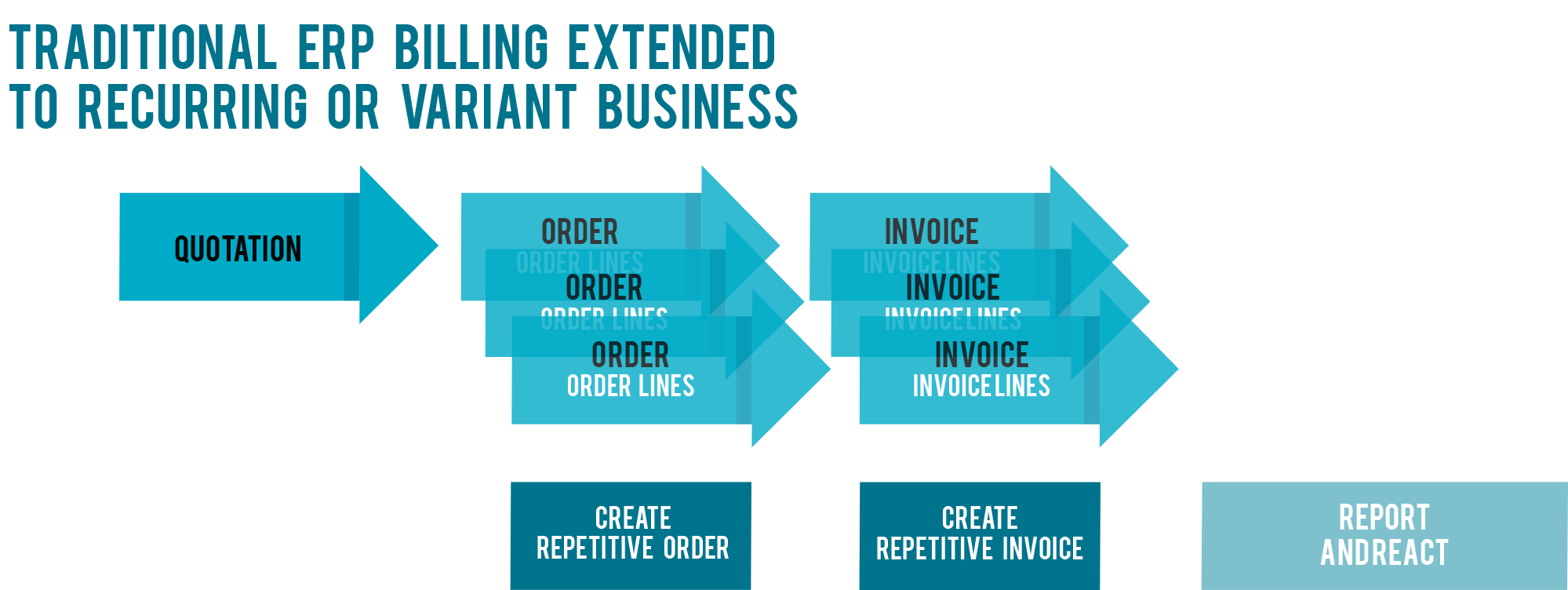How to Streamline Your Billing System for Scalability
As your business grows, scalability can be essential to success. But it's not only about scaling up operations and adapting to increasing volumes –...
2 min read
 Janne Kivilaakso
:
May 14, 2019 1:28:16 PM
Janne Kivilaakso
:
May 14, 2019 1:28:16 PM

Scalability is a common factor to fast growing and profitable service businesses. It is not only about the ability to manage changes in volume. It also calls for capabilities to quickly respond to market changes with service content and pricing flexibility. And it is also about lowering unit costs when volumes grow. In my blog post Why Scalability Matters in Service business I talked about scalability and what it means. This time I will share some best practises you should consider when moving towards automated monetization.

In order to scale your service business, you need to respond to changing demand fast, both in terms of volume and scope. How to increase the level of flexibility without ruining profitability? How to introduce new services and business models quickly? How to deliver efficient and smooth service experiences consistently yet considering the customer specific requirements?
Many service businesses have a scalability issue due to lack of proper service business support systems to manage service monetization end-to-end.
Today, many companies try to manage their service catalogue, digital contract life-cycle, usage-based pricing and recurring billing with unsuitable systems. - Such as legacy ERP systems, which are originally designed to manage physical product sales and deliveries.
Unsuitable systems and custom-code do not give flexibility to respond to market changes. Customer-specific needs cannot be handled efficiently without suitable software.
Manual work is needed to patch disconnected data and processes. Service-coordinators and billing admins may have to combine data from several sources each month and investigate what has been agreed in each contract to derive a justified invoice amount. New customers add more manual work load. Costs do not scale without automation.
Not only is this approach very slow and costly, but also highly error-prone causing substantial revenue leakage, typically up to 5-10% of net sales annually!
Who wouldn't rather book this amount to income and EBIT?
Scalability is a common characteristic for successful service businesses. In order to scale, you need automation. You also need flexibility, and therefore you need intelligent automation.
My recommendation is to look for modern service monetization solution.
Ensure that your solution will rest on dynamic data model, enables flexible combinations of different pricing and charging models, integrates easily with other relevant front-office and back-office business systems and offers full automation of usage/value -based pricing, recurring billing and monetization for the entire service ecosystem.
We at Good Sign have helped many service businesses to manage and automate their service monetization process end-to-end.
Take a look at how we helped Technopolis’ service ecosystem with automated customer onboarding, pricing and charging for coworking services:
More about Technopolis story
Feel free to contact us and have a chat with our experts on scalability or discover how our customers have benefitted from choosing the Good Sign Solution as their service monetization engine.

As your business grows, scalability can be essential to success. But it's not only about scaling up operations and adapting to increasing volumes –...

Good ERP system is an essential tool to support product sales, manufacturing, warehousing, delivery and billing. However, the ERP mode of operation...

Contracts Are often overlooked in subscription and recurring billing